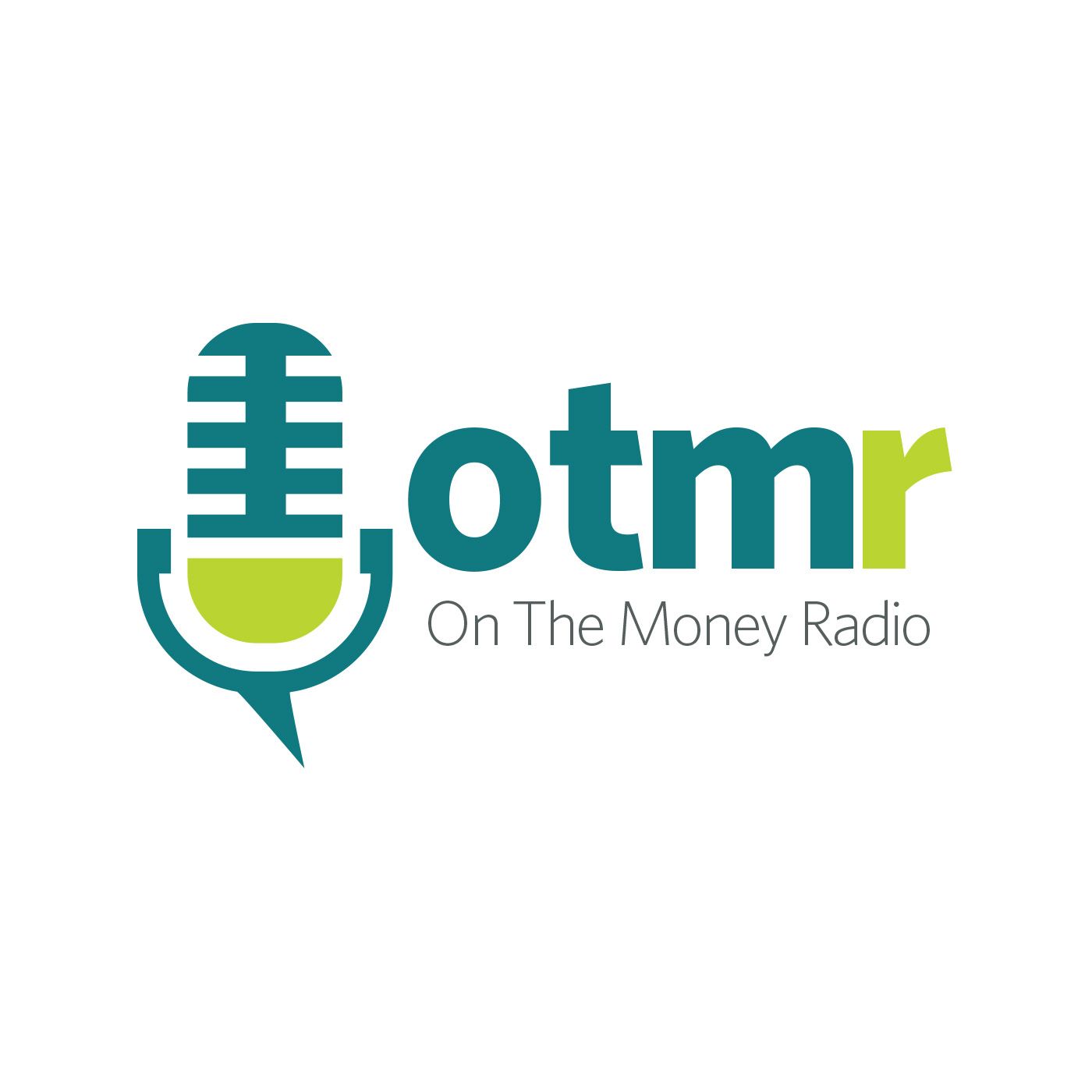Prepare Your Stock Portfolio for Higher Interest Rates

b"Last week, I spoke about low interest rates and how investors could adjust their fixed income holdings to prepare for the inevitable uptick in interest rates.
See, it\\u2019s been nearly a decade since investors have had to contend with the Federal Reserve raising interest rates. And, going by recent comments by Federal Reserve Chairwoman \\u2013 Janet Yellen \\u2013 the Fed will almost certainly raise interest rates by a notch \\u2013 0.25% - sometime in the second half of 2015, with Fed watchers expecting a rate hike in the September timeframe. Economists then expect the Fed to raise interest rates in a measured manner, leaning on the side of caution so as to not upset our recovering economy.
So, with an uptick virtually a sure thing, it\\u2019s time investors prepared their stock portfolios for a rising interest rate environment.
Arguments for a Continued Bull Market
Ultra low interest rates have led to extensive low-cost borrowing, and this borrowed money has been plowed into investments that have powered the stock bull market since March 2009. So what happens if money gets more expensive when rates go up?
On the one hand, strong unapologetic bulls say the stock market believes in Janet Yellen and her accommodative monetary policies, and believe a gradual raising of rates will continue to drive and improve the U.S. economy\\u2026 which they reason, will drive stronger corporate earnings and, consequently, take share prices even higher. And these bulls point to the fact that historically, some of the best and most consistent stock market returns occurred when interest rates were rising from very low levels \\u2013 much like the current scenario.
What's more, market bulls note that one of the biggest threats to stocks and bonds in the long run is high inflation. So if one of the motivators of a rate hike is to battle the threat of inflation, then inflation is less of a concern\\u2026 so, in theory, that should hold down longer-term interest rates and bolster stocks.
What the Bears Say
In the opposing camp are analysts who have studied the impact of central bank policy on markets. They note that, historically, the stock market's performance is dramatically better when the Fed is in an expansive period and lowering rates to enable cheaper borrowing than when it\\u2019s in a restrictive period and raising rates to raise companies' borrowing costs and head-off inflation. In this higher or rising rate environment, cash and new bonds pay more, offering more competition for stocks.
And although some bulls believe the Fed will stop raising rates after just a few small rate hikes, analysts believe that it's not the level of rates that matters but the direction they\\u2019re headed in.
It's also worth noting that the global economy and markets have never been in the situation they're in today, which makes it tougher to imagine what's next. For one, even if the Fed begins to raise rates, central banks in much of the rest of the world \\u2014 including Europe, Japan and China \\u2014 show no sign of following suit. That could act as a weight on U.S. bond yields if foreign investors turn to the U.S. for better yields because their buying of U.S. bonds could hold or drive-up prices and weigh on yields.
But while I don\\u2019t think investors should abandon U.S. stocks just because rates are going to go up, I do want you to prepare for a rockier road for equities as the economic expansion ages, specially with many stocks richly valued relative to earnings.
So look at your holdings and consider selling or hedging stocks that appear rich or over-valued, and consider focusing on many fairly-valued stocks, including some big name U.S. stocks that benefit from economic growth at home and abroad.
Now, another factor to keep in mind is that rising interest rates could lead to a stronger dollar and this makes U.S. exports more expensive for international buyers and reduces repatriated corporate earnings when the dollar is higher than most other currencies."